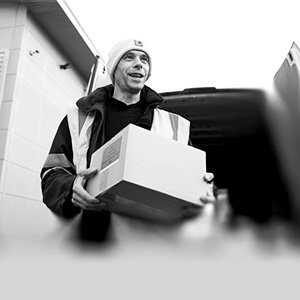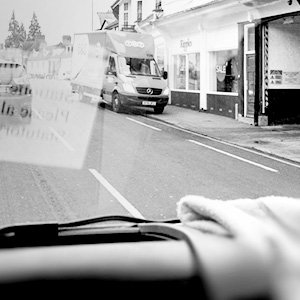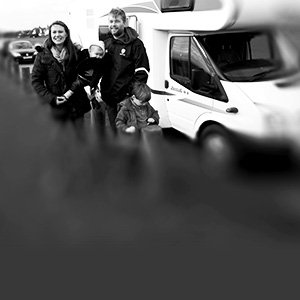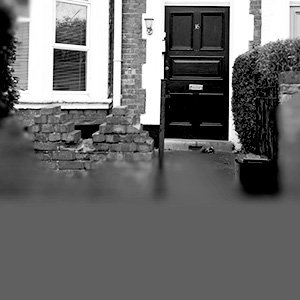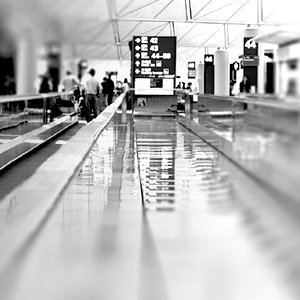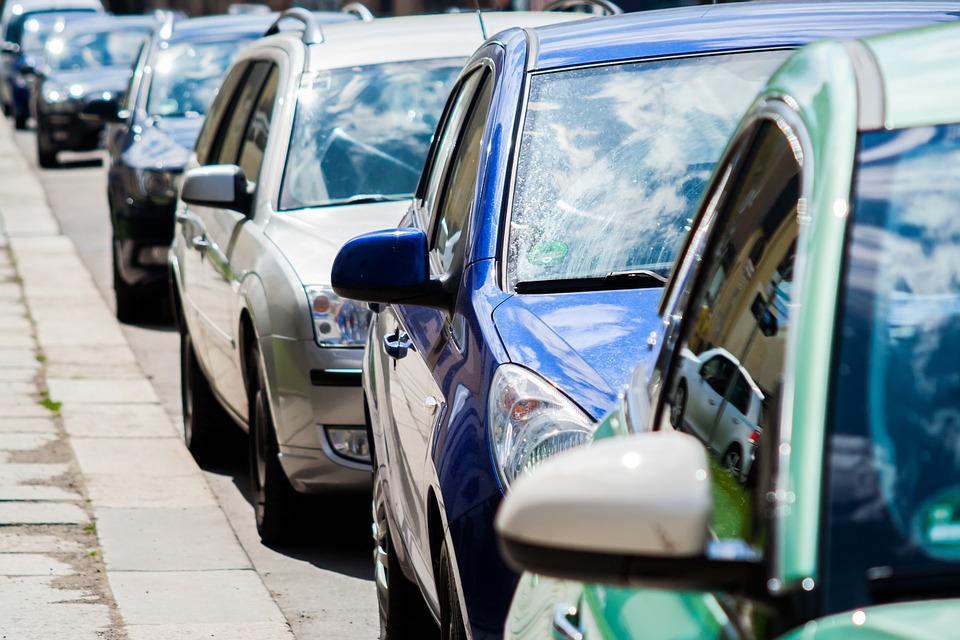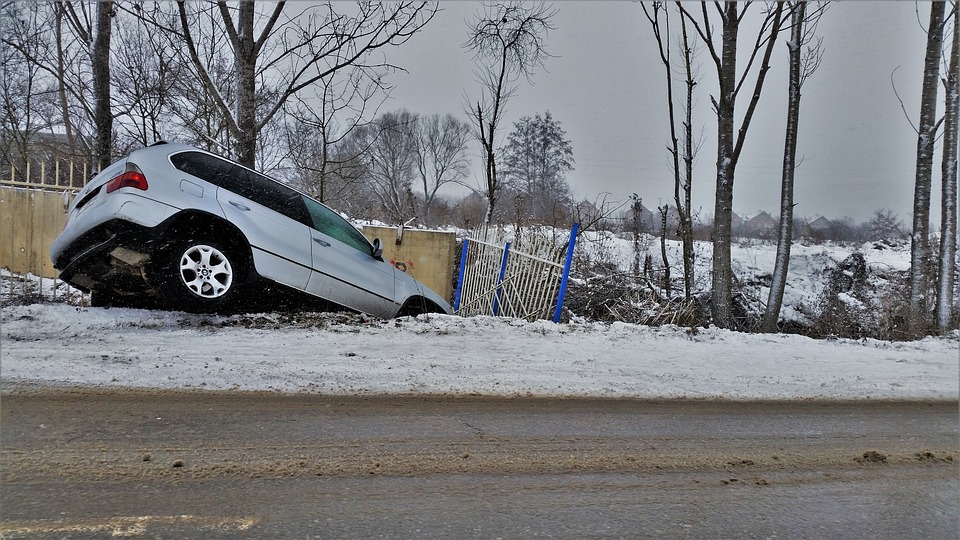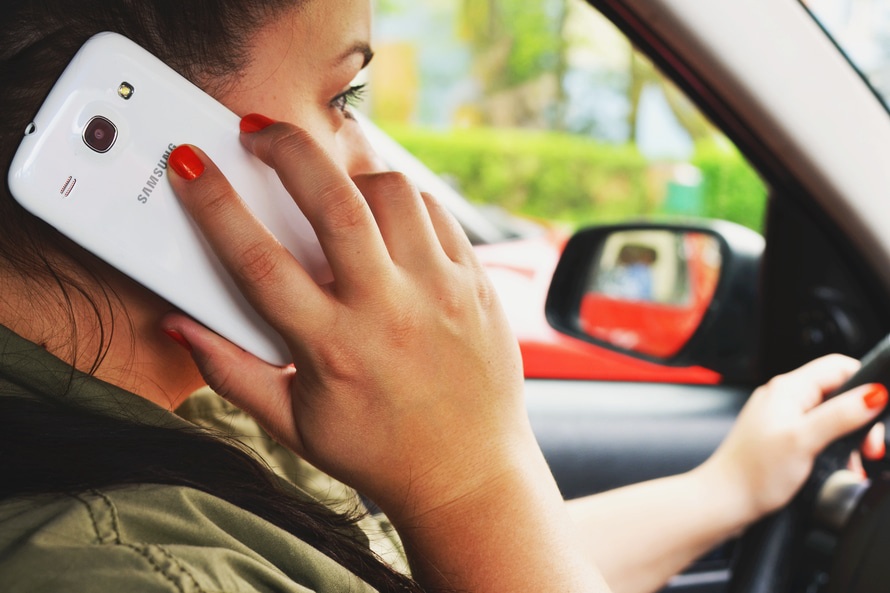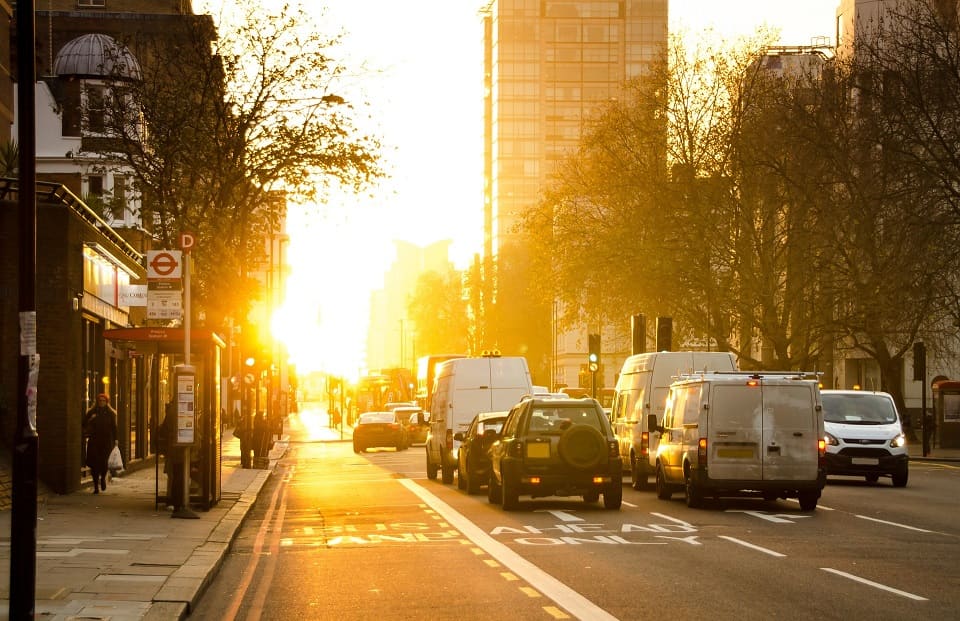Traffic on Britain’s roads is on the increase, in March 2016 36.7 million vehicles were licensed for road use and figures suggest this will have continued to increase throughout the year. With this amount of traffic on our roads accidents are bound to happen. That is why road safety charity Brake co-ordinates Road Safety Week every year to help raise awareness and provide information to make our roads safer.
As providers of personal vehicle insurance and with many of Britain’s road users being guilty of bad driving habits, we are taking a look at some of the things that contribute to road traffic accidents and how they can be prevented.
Speed
Speed is a major issue on our roads and is the leading contributor to fatal road accidents. In 2013 3,064 people were killed or seriously injured in crashes where speed was a factor and with 94% of our quiz respondents admitting to speeding, it really brings home how dangerous it can be.
Driving at increased speeds reduces the stopping time of the vehicle causing a higher level of risk to the driver, other road users and pedestrians.

The diagram above demonstrates stopping distances with a reaction time of 0.67 seconds and this is assuming that the driver is fully alert and attentive. This is why it’s important to avoid driving if you’re:
- tired
- distracted
- impaired
It’s also important to drive at a speed that suits the conditions and environment; it’s a common sight to see drivers taking a corner too fast on a country road, speeding through a built up area or travelling too fast in poor visibility or wet, icy, snowy and windy conditions.
Distractions
At some point or other we all get distracted when we are driving and at times it’s unavoidable. But we should be taking every measure to cut back these distractions and keep our focus on the road.
One of the largest causes of distraction is mobile phones, with many drivers tempted to answer a call or reply to a text. A study conducted in 2014 found that 13% of drivers were unable to resist temptation or were ignoring the law by talking on a hand-held phone; this figure can only be set to rise as mobile phones become an ever increasing part of our lives. Our top tip for drivers is to put your mobile phone on silent and somewhere out of reach, so the temptation to pick it up and check it is no longer there. Brake also recommends putting your phone out of sight, earshot and reach, ideally in the boot.
Other distractions include:
- eating
- drinking
- smoking
- music player and radio too loud
- sat navs
- in-vehicle technology.
Tiredness
If you travel during unsociable hours or long, monotonous journeys you could be putting yourself and others at risk. Shockingly a quarter of all crashes on Britain’s main roads, causing death or serious injury are tiredness related. There are certain things that you should be aware of that can increase the risk of crashing when tired:
- Driving in the early morning (2am-6am) and in the afternoon (2pm-4pm) are the times that drivers are most likely to fall asleep behind the wheel.
- Lack of sleep is another contributor to driver fatigue, if you’re getting less than 5 hours shuteye you’re at a much higher risk of crashing due to tiredness.
- Make sure you take regular breaks form driving (every 2 hours for at least 15 minutes) and drink coffee or an energy drink if you’re feeling sleepy. Remember though, caffeine is not a substitute for sleep and will only have short-term effects.
Drink and Drug Driving
Although there’s increased awareness and stricter laws around drink and drug driving, drink driving still makes up 14% of all road fatalities. If you are going to be driving it is strongly recommended that you do not drink and that by having a second drink you will dramatically increase your chances of being involved in a fatal accident.
Driving whilst under the influence of illegal drugs is a criminal offence; also having certain amounts of legal drugs in your system can land you in hot water, so please check your prescription and be wary if you are taking certain kinds of medication before you get behind the wheel.
The consequences of being caught drink or drug driving are severe, you may face:
- A ban from driving
- Criminal record
- A fine
- Imprisonment (up to 14 years if you’ve caused death by dangerous driving)
Seat Belts
Wearing a seat belt is a life saver…literally. Over 2,000 lives a year are saved by wearing a seat belt and you are twice as likely to die in a crash if you are not wearing one. So don’t take the risk and make sure you buckle up.
Vision
Having good eyesight is a basic requirement for driving. If your vision is poor you increase the risk of being involved in a crash because you may not see a hazard or person in time to stop, or respond to what is going on around you at all. To help avoid accidents and keep your eyes in top shape it is recommended that you have your eyes tested every 2 years.
Road Safety Week 2016 will be running from 21st-27th November for more information visit the Road Safety Week website.
Do you have any thoughts on how our roads could be made safer? Let us know on our Facebook and Twitter pages.
